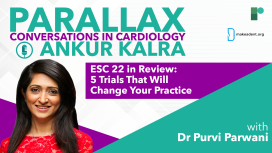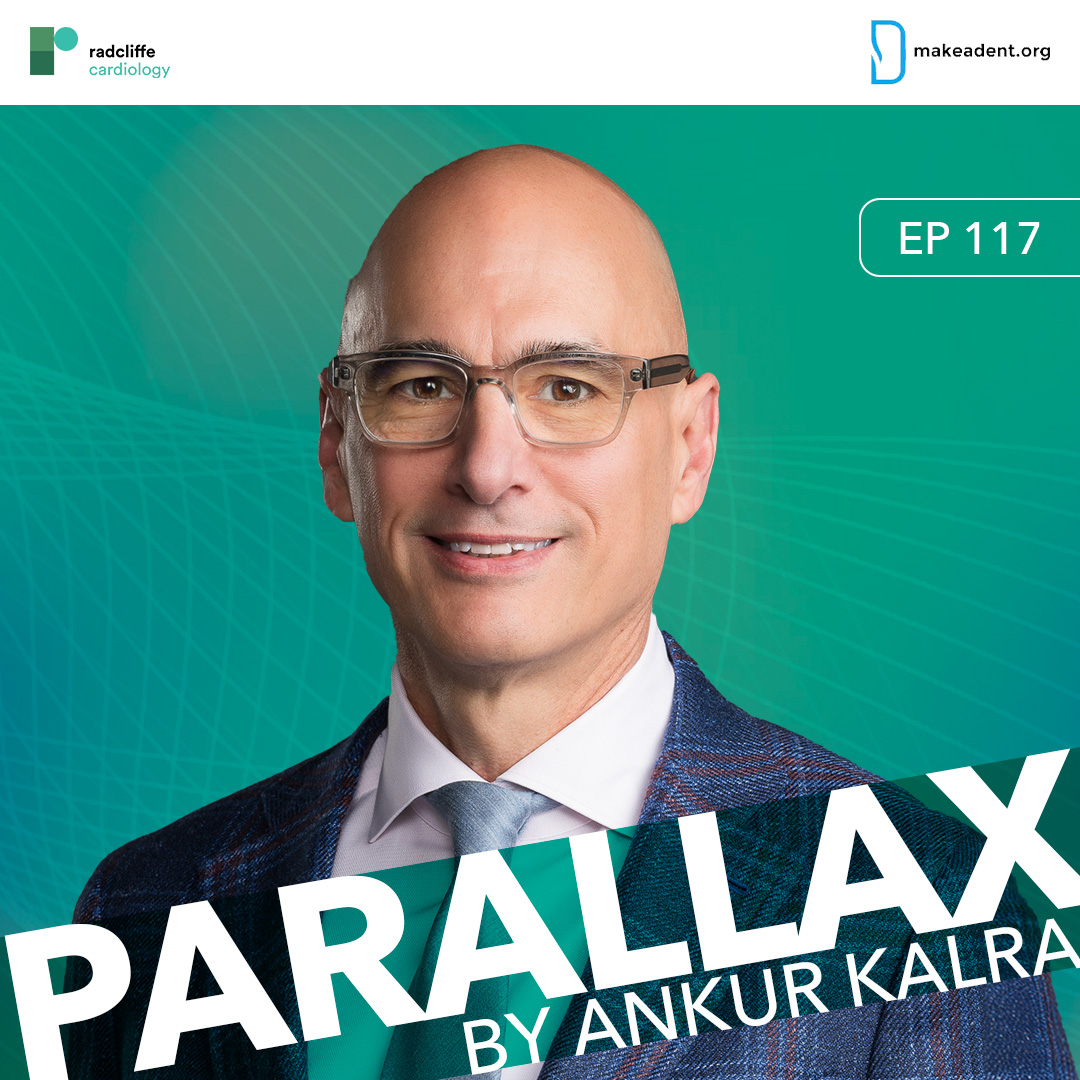
This week on Parallax, Dr Ankur Kalra welcomes Dr Marc Gerdisch to discuss a groundbreaking study on reducing opioid use after cardiac surgery.
Dr Marc Gerdisch is the Chief of Cardiovascular and Thoracic Surgery and Co-Director of the Heart Valve Center and Atrial Fibrillation Program at Franciscan St. Francis Health. He is a senior partner at Cardiac Surgery Associates and a Clinical Assistant Professor of Thoracic and Cardiovascular Surgery at Loyola University Medical Center in Chicago.
Dr Gerdisch shares insights into his research on rigid sternal fixation and enhanced recovery protocols, which have shown promising results in postoperative pain management and patient recovery.
In this episode, Dr Kalra and Dr Gerdisch discuss the specifics of the study, including the four-cohort design and the steps taken to expedite opioid-free recovery. Dr Gerdisch also shares valuable advice on overcoming physician inertia and building a strong case for implementing such a programme, including cost-benefit analysis considerations.
What motivated the study? How can a holistic approach to cardiac surgery recovery be implemented? What advice does Dr Gerdisch have for our listeners?
Sources:
Gerdisch MW, et al. Ann Thorax Surg 2024. Rigid Sternal Fixation and Enhanced Recovery for Opioid-Free Analgesia After Cardiac Surgery. DOI: 10.1016/j.athoracsur.2024.06.032
CE Cox. TCTMD 2024. Holistic Approach to Cardiac Surgery Can Sharply Cut Opioid Use. Available at: www.tctmd.com/news/holistic-appr…ply-cut-opioid-use. Accessed August 12, 2024.
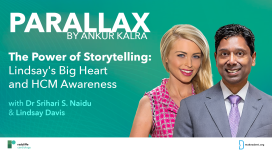



Tune in to discover the strategies that Dr. Kalra and Dr. Alasnag are currently employing and gain insights into how these data will shape their future decision-making in the catheterization laboratory. Don't miss this informative discussion at the forefront of interventional cardiology.

As we adapt to the changes brought about by the pandemic, Dr Singh outlines the necessary steps to foster a reality in which we can utilize these technologies to create more time for human connection.

Dr Owens is Medical Director of the Center for Inherited Cardiac Disease and Associate Professor of Medicine at the Hospital of the University of Pennsylvania.
This series is supported by an unrestricted educational grant from Bristol Myers Squibb. Please see www.camzyosrems.com for important safety information.
This content is intended for US-based physicians.
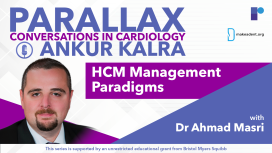
This series is supported by an unrestricted educational grant from Bristol Myers Squibb. Please see www.camzyosrems.com for important safety information.
This content is intended for US-based physicians.
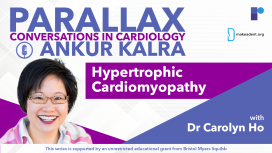
This series is supported by an unrestricted educational grant from Bristol Myers Squibb. Please see www.camzyosrems.com for important safety information.
This content is intended for US-based physicians.
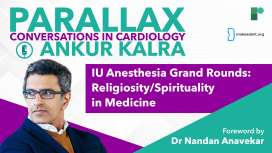
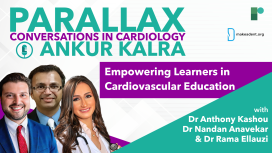

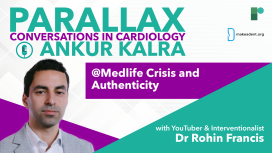
Rohin shares an advice that he received at the beginning of his career: “If you can deal with an average day, the exciting day will take care of itself.”
Ankur asks Rohin about Medlife Crisis and the work that goes into producing a show followed by 500K people. Rohin reiterates his passion for research and science communication. Ankur and Rohin discuss what it means to be yourself on social media and what is Rohin’s advice to our early-career listeners.
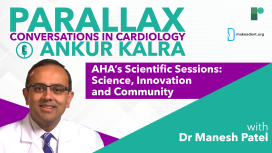
In this information-packed episode, Dr Patel takes us behind the scenes and talks about the work that goes into the curation of the programme and the considerations that shape the event. Dr Kalra asks Dr Patel about his highlights over the years and the movement and changes that he observed as vice chair and chair of the event. Dr Patel elaborates on the key late-breaking science trials in 2022. Dr Kalra and Dr Patel discuss the grading system of the award applications and share some useful information with our listeners.
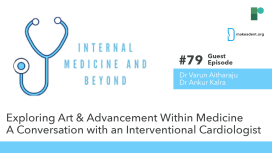
Exploring Art & Advancement Within Medicine - A Conversation with an Interventional Cardiologist.
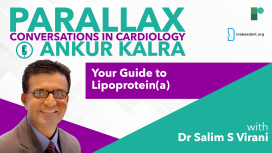
Dr. Ankur Kalra invites Dr Salim S Virani to help simplify the concept of Lp(a) with answering key questions about its measurement and its place in practice and prevention.
